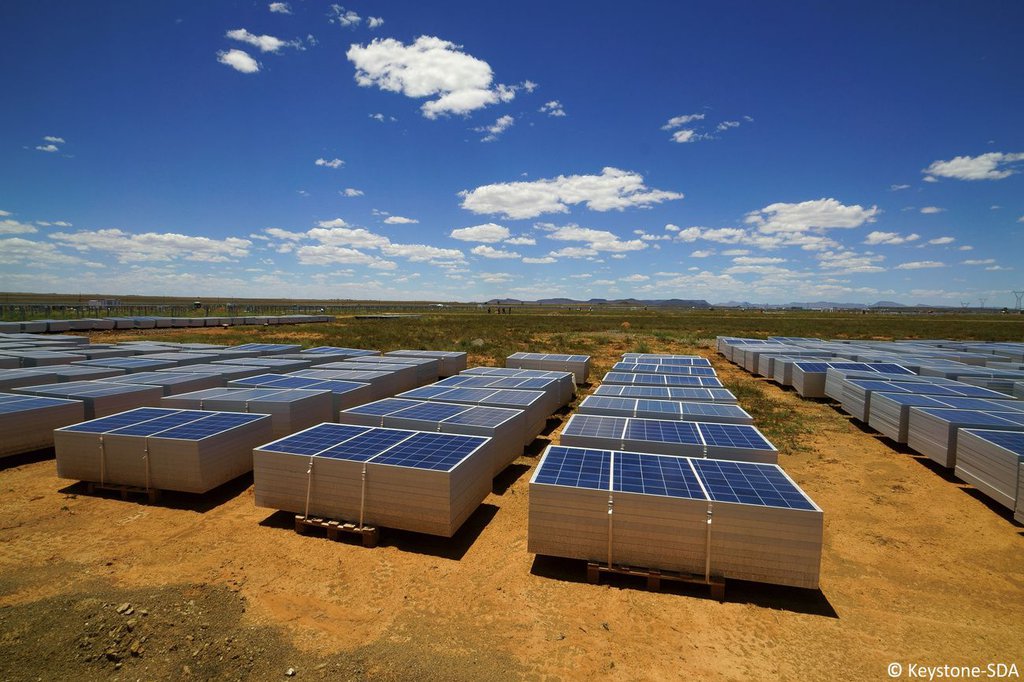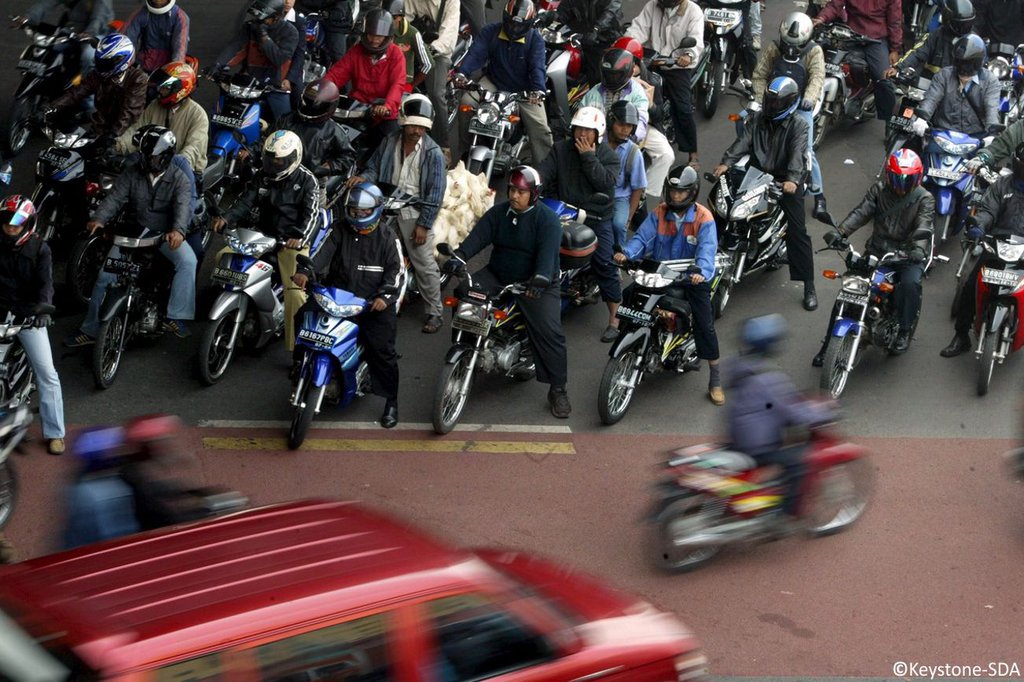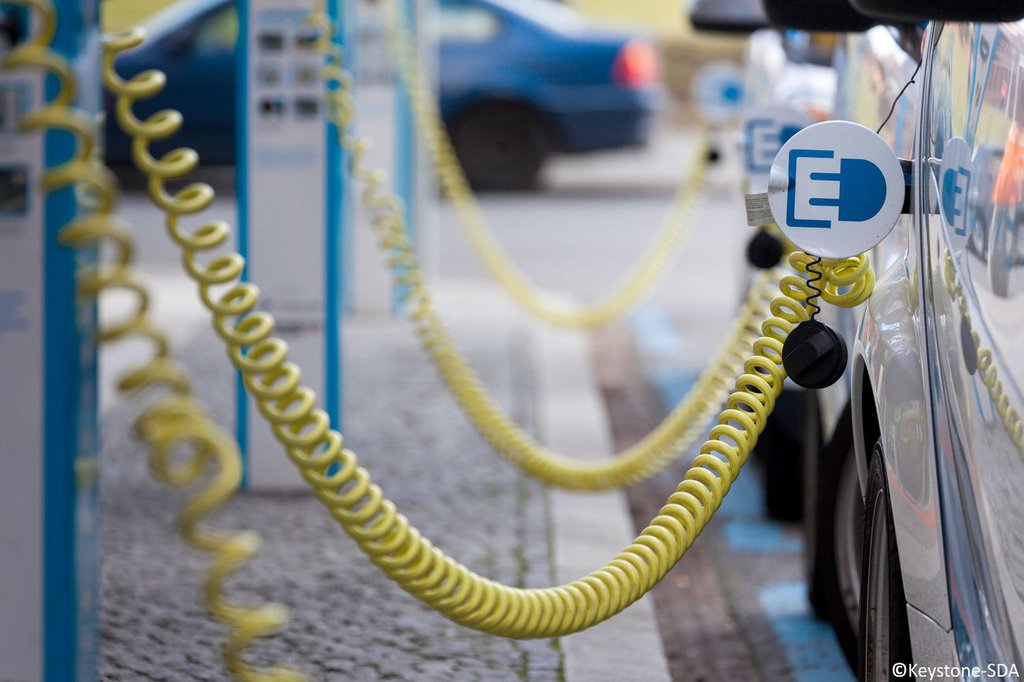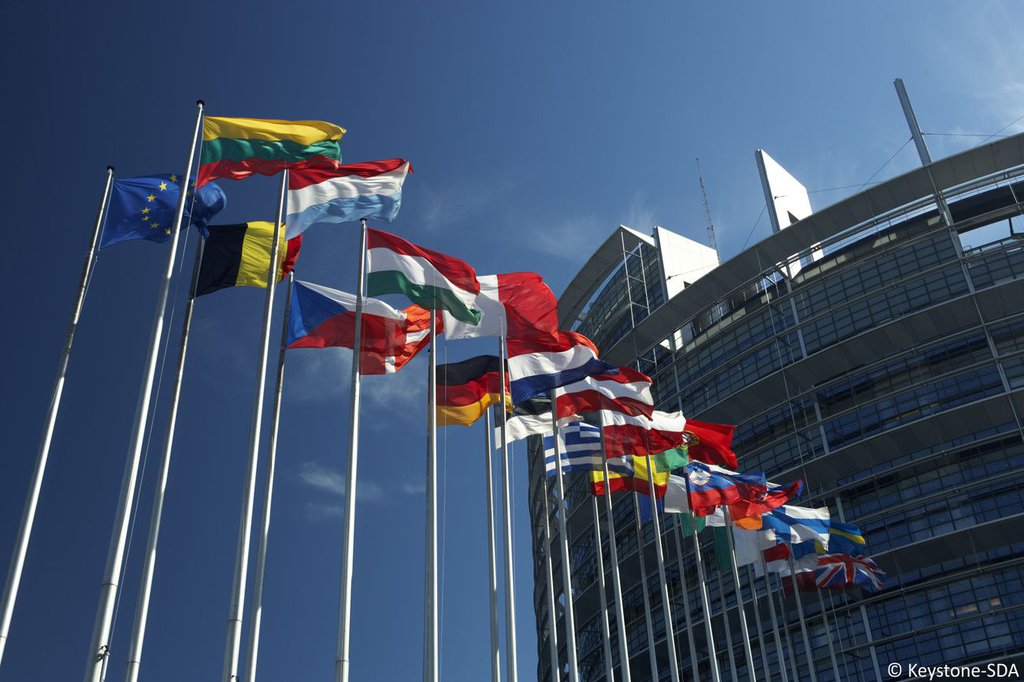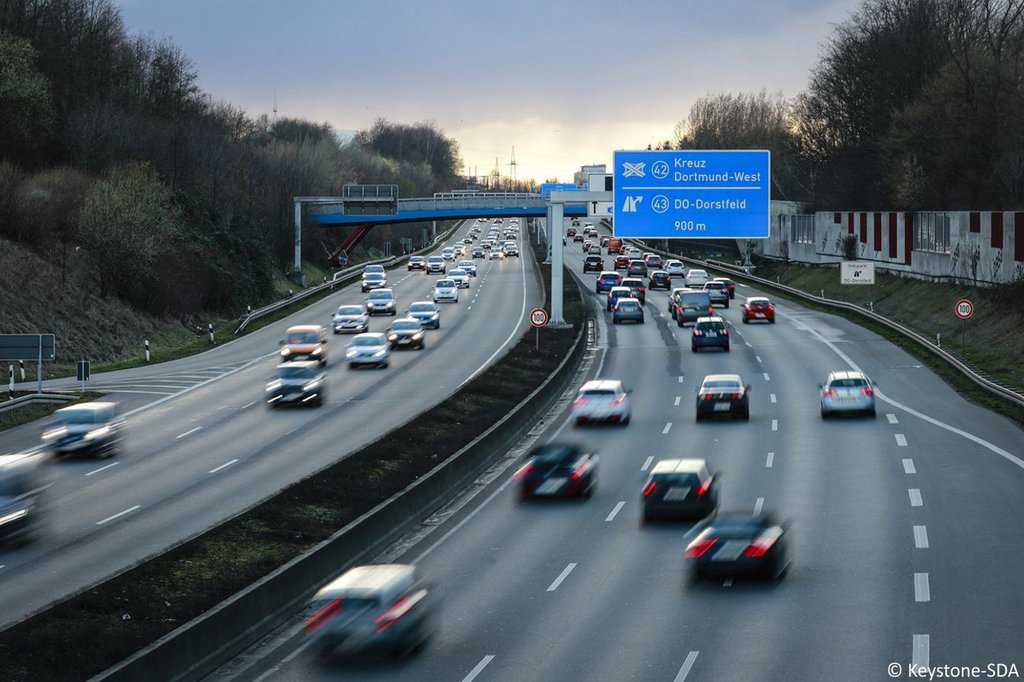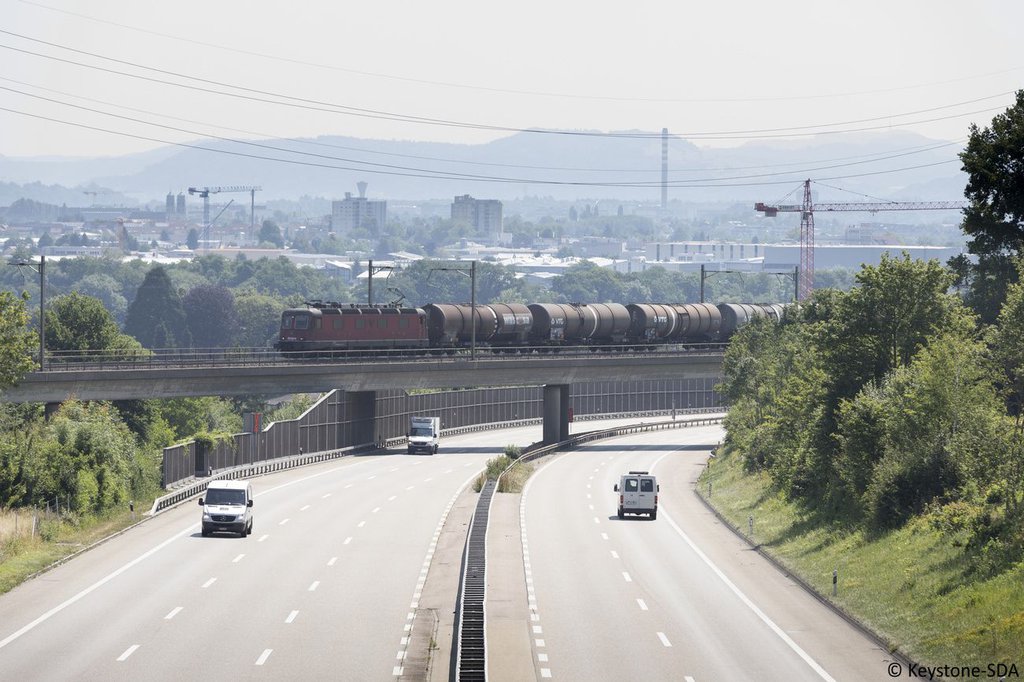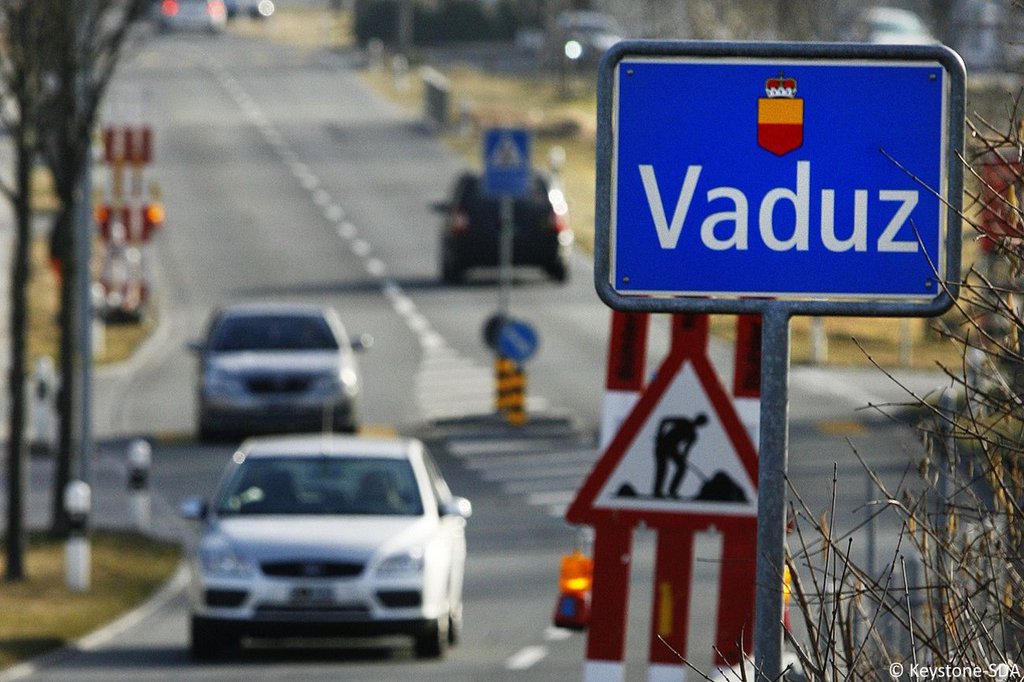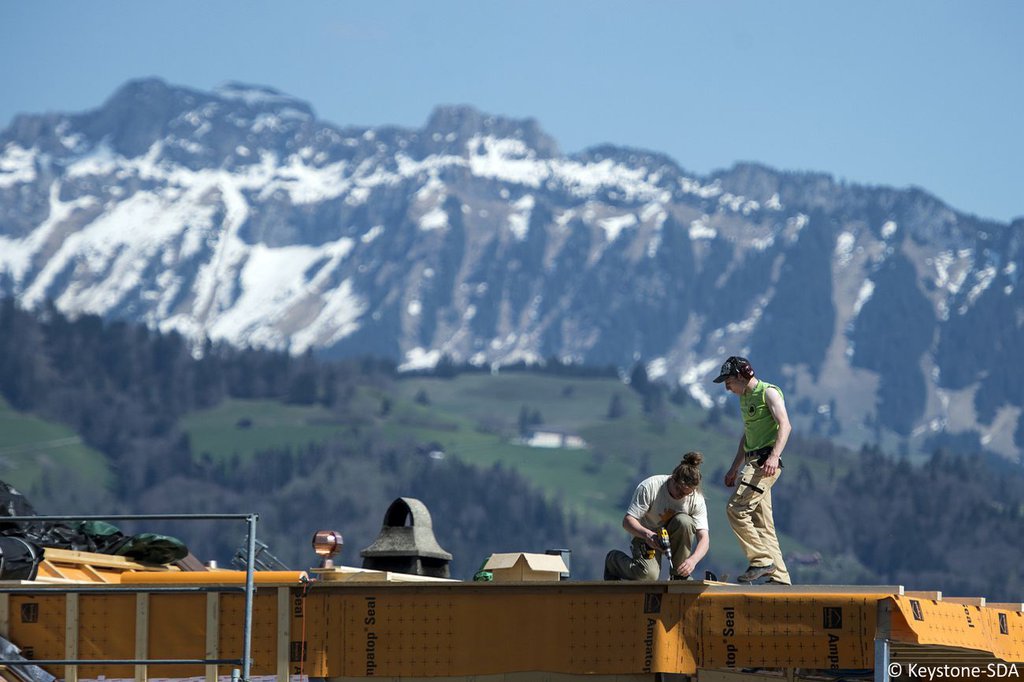Attributing mitigation outcomes between climate finance and international carbon markets
News, Environment and Climate, Development | Nov. 6, 2019
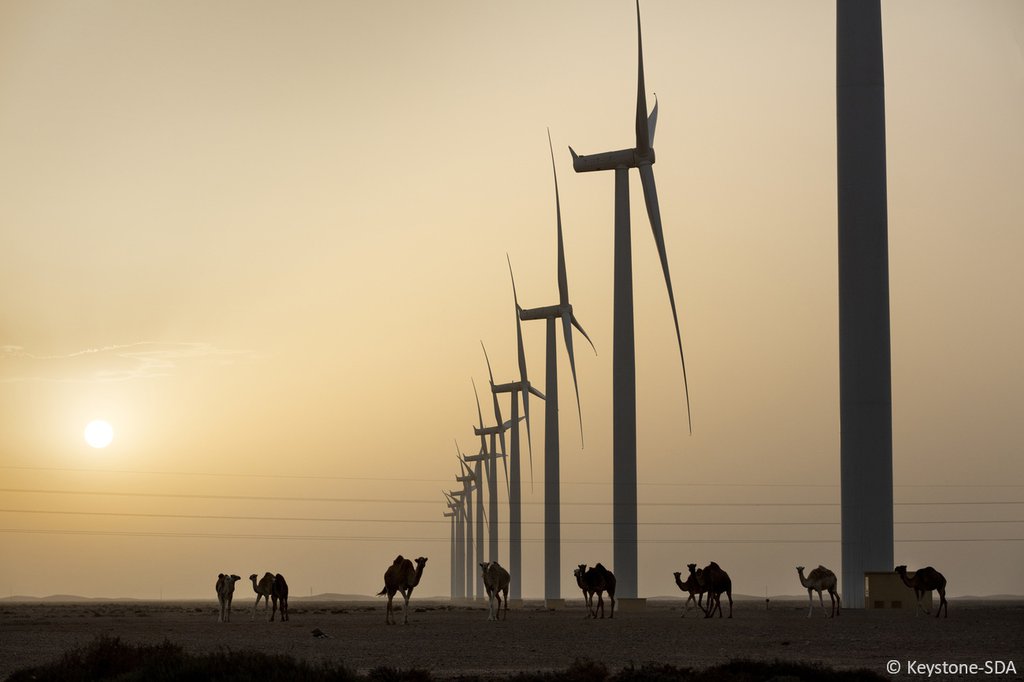
The Paris Agreement requires developing countries, like other nations, to take wide-ranging action to mitigate climate change. In order to finance large scale mitigation action, development banks blend climate finance with resources from international carbon markets. A team of experts is developing and analysing a range of solutions on behalf of the World Bank.
